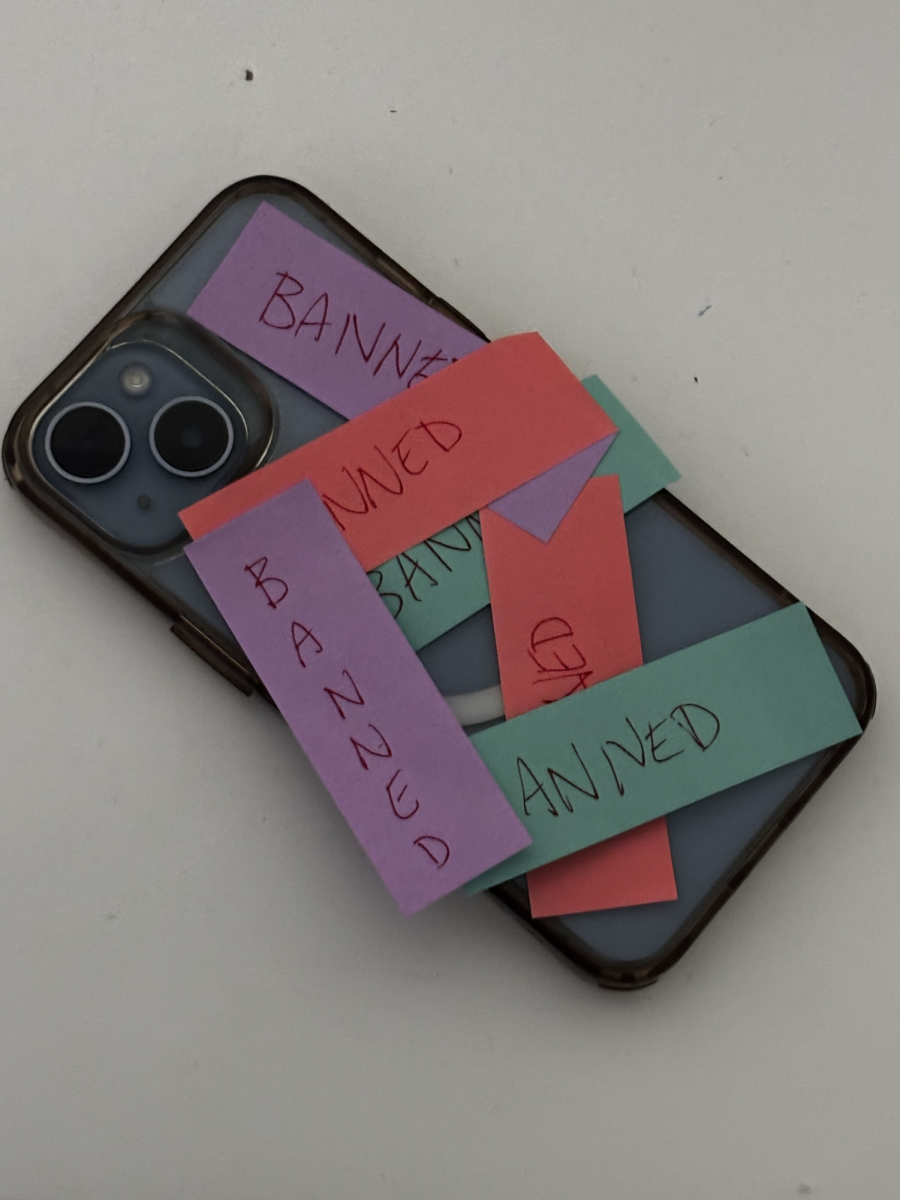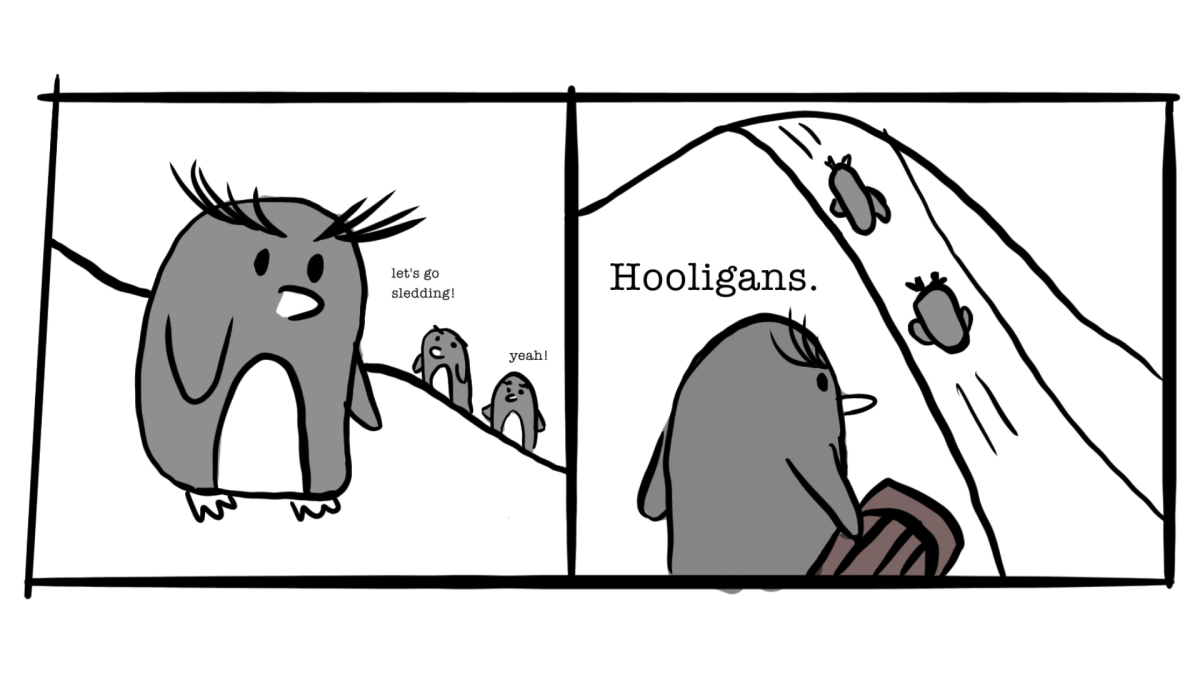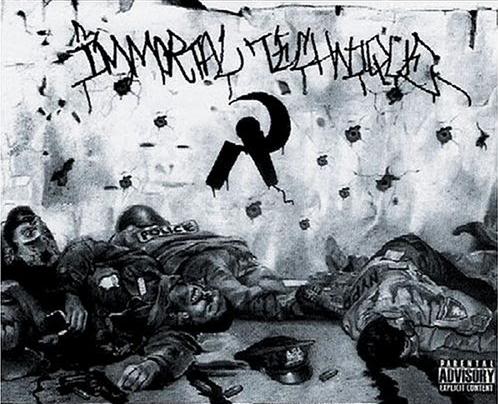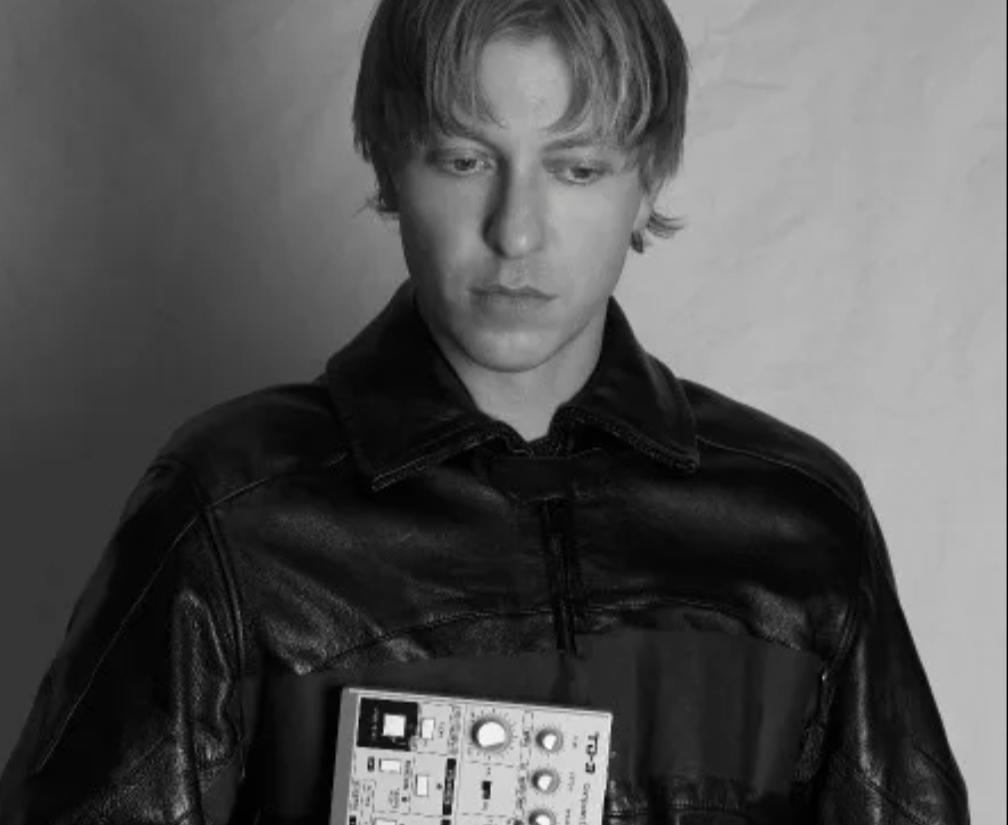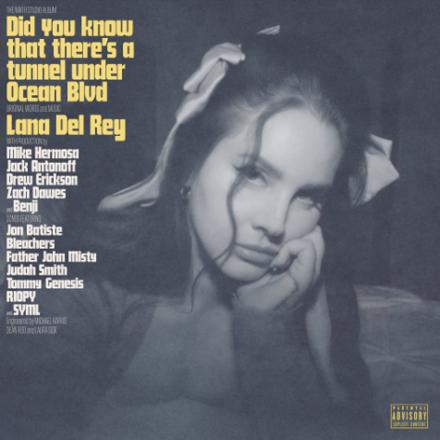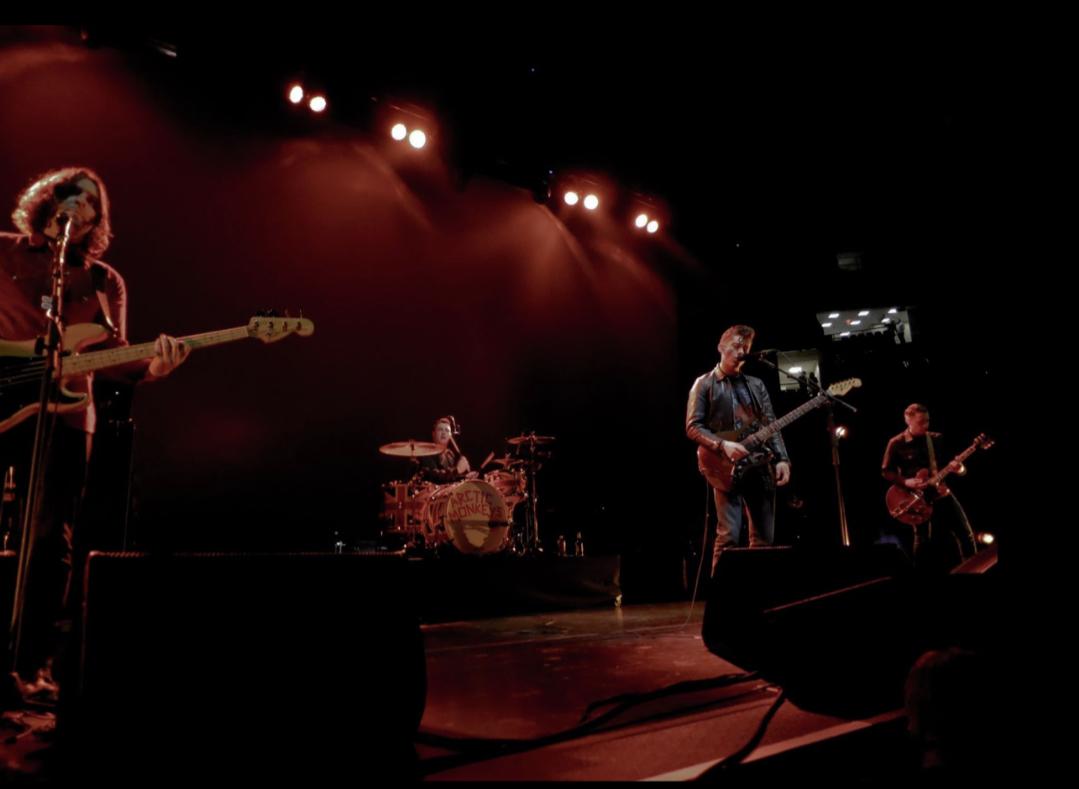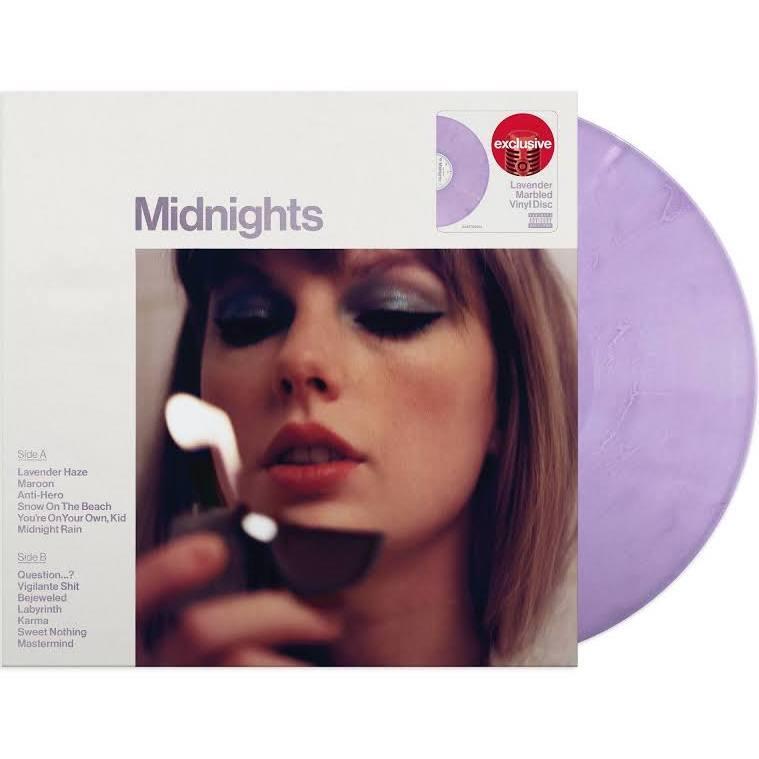Revolutionary Vol. 1 by Immortal Technique
Opinions belonging to Luke Hobika
Best tracks: “Creation & Destruction;” “Beef & Broccoli;” “Dance with the Devil;”
Worst tracks: “Top of the Food Chain;” “The Poverty of Philosophy”
Progression in any field stems from a conversation, especially when those engaged in the conversation have opposing viewpoints. Such discussion can range from topics as eccentric as evolution to more imperative matters like politics. Individuals can voice their thoughts in a variety of ways, such as through personal conversations, social media, art, broadcasting networks, and most successful for some, music.
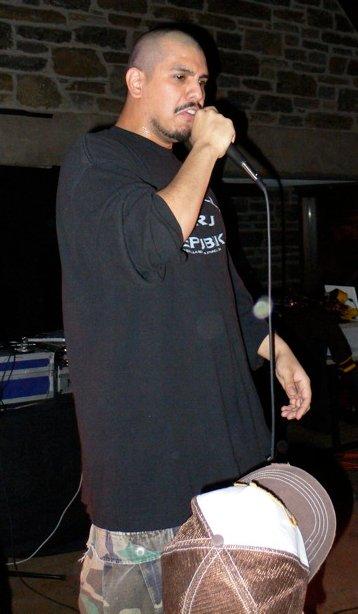
Immortal Technique, the pseudonym for Felipe Andres Coronel, is a Peruvian American hip hop artist who has built his career off of addressing pressing issues regarding global politics. Technique’s aggressive yet conscious musical presence amplifies the words in his music regarding hot-button issues such as socialism, class ranks, poverty, imperialism, governmental conspiracy theories, and economics. He’s a self-made artist who has openly refused to allow businesses in the music industry distribute his music for the belief that the record executives are parasitic to an artist’s success, leeching the money out of their performances. It’s an unorthodox way of going about business, yet Technique’s first project Revolutionary Vol. 1 from 2001 explains the why to his decisions by underscoring the primary issues that he believes corrupts the society in which we live.
Revolutionary Vol. 1 serves effectively as a think piece for Immortal Technique as he cements himself as an aware figure of the underground hip hop scene. The societal narratives of Technique are densely packed into a sixteen track album yielding 58 minutes in duration. First impressions are important, and Immortal Technique seems to comprehend that on Revolutionary Vol. 1; He fuses a wavy flow and versatile vocabulary with dense boom-bap percussion, all of which persist throughout not only this album but his career. The topics that appear on Revolutionary Vol. 1 establish Technique’s positions on the state of our planet and how to combat what he views as detrimental to the future. The opening track of the album, “Creation & Destruction,” sets the landscape for the remainder of the project: head-nodding production which supports Technique’s egotistical, hostile, and progressive rhetoric. Those exact traits are present on “Dominant Species,” the following track, on which Technique begins by addressing his chief issues with society. “I’m stuck inside the future and life is chaotic/The government is psychotically racist and robotic/The matrix of entrapment is socio-economic/Neurotic conspiracy theory becomes reality,” is what he passionately claims. The theme of an institutionally racist system that will do nothing to assist minority groups to prosper carry on later tracks like the contentious “The Illest” and “The Prophecy.” Technique also reflects on his ghetto upbringing in the neighborhoods of Harlem, New York through references within lines on tracks. Perhaps the most disturbing track in hip hop history appears on the album, being “Dance with the Devil.” The song is a gripping tale of how the influences of the streets in which he grew up can push a person to participate in any activity for success, even those that are beyond immoral. It’s a story track that has a conclusion that holds the capacity to generate goosebumps even after the 1,000th listen.
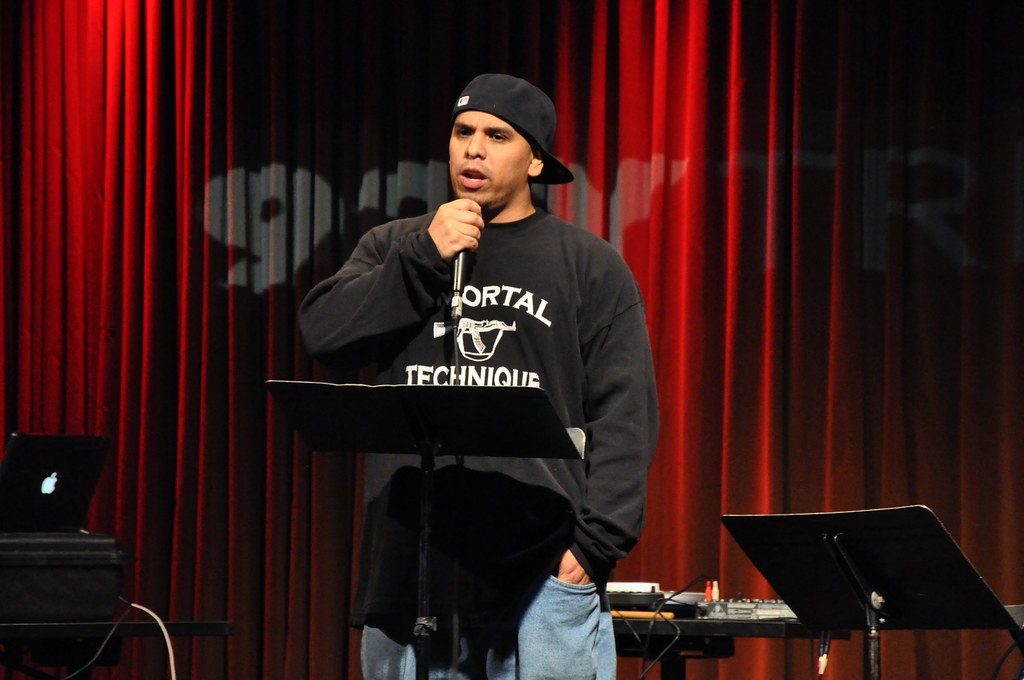
We do not conclude an issue by just exposing the inner fallacies of a system; We must look to undermine the source of the issue at hand to discourage the matter from continuing. “The Poverty of Philosophy” is a six-minute think piece track that connects the first half of the album to the ladder. The track confirms Technique’s political motives as he directs the narrative towards the working class and pushes them to overcome the supposedly bigoted government by which they are ruled over. Ultimately, 9Technique is siding to implement a socialist-style government in countries that currently live with corruptness. Although the track highlights Technique’s determination to address what he sees as crucial issues, it also confirms a pitfall that exists throughout the entire album. Simply screaming out “institutional inequality” does not solve a problem, nor does it even point to an institution that the public could question. To form an effective argument and not contradict the whole point of your album, you need to specifically underline a problem that exists within a specific organization that specifically targets a specific group. Otherwise, the sheer vagueness of the issue you’re pointing out holds no strength in the minds of others. Even more, the malicious words of Technique towards his opponents destroys his ethos in this context. Let’s say he was to point out an instance of an establishment that carries out racist practices. Do you think his argument and credibility would be strengthened as he simultaneously suggests that he is “wilin’ to smoke the president” or even “slit a…cop’s throat?” Or how about the handful of skits sprinkled throughout the album that depicts him killing others who cause him frustration because of their political differences? Advancements in society cannot be made when there is nothing explicit at which you can point and deem an issue. Even more, how are you supposed to compromise with someone with an opposite opinion to yours when all that is coming out of their mouths is violent rhetoric? Unfortunately, the content within Revolutionary Vol. 1 fails to civilly answer those two questions which it resolved to answer.


